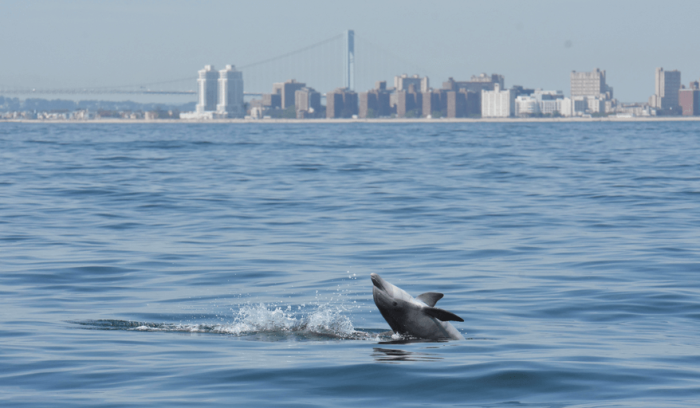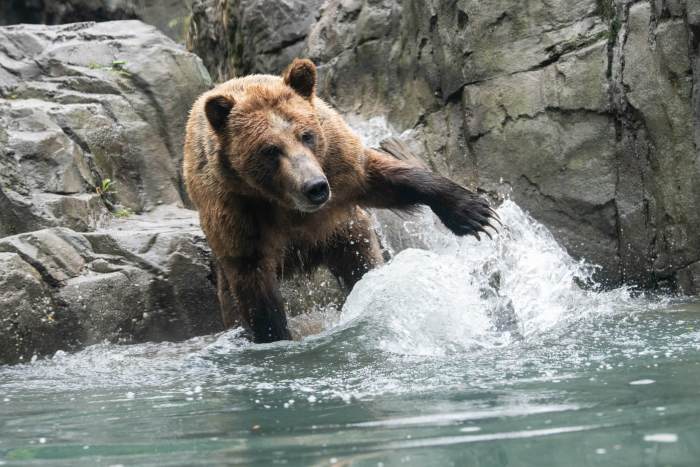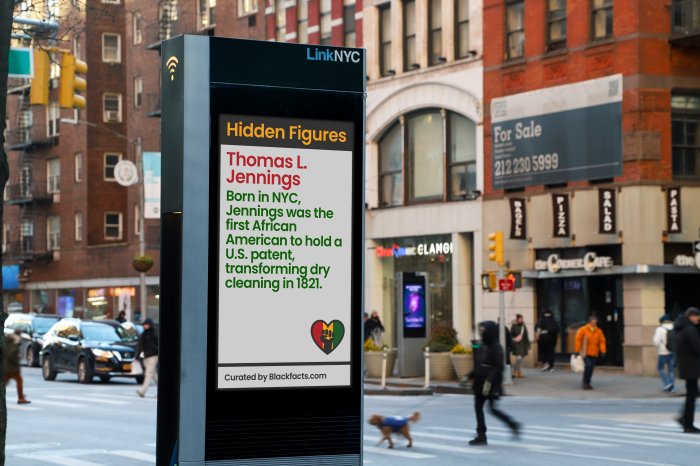The Prospect Park Zoo will remain closed indefinitely as it works to salvage and restore critical infrastructure that incurred extensive damage during a record-setting rainstorm on Sept. 29, the Wildlife Conservation Society announced Saturday.
None of the 400 or so animals who call Prospect Park home were harmed by the flooding, according to officials, but the torrential rainstorm filled the zoo’s basements with up to 25 feet of water and badly damaged boilers, HVAC and electrical equipment, and aquatic life support systems, as was first reported by Gothamist. According to the WCS, there is not yet a reopening date in the cards for the zoo as the team deals with millions of dollars worth of damage.
All water has since been pumped out of the flooded basements and restorations are currently underway, Craig Piper, vice president of City Zoos for the Wildlife Conservation Society said in a statement confirming the indefinite closure.

The zoo is now using generators to provide all the power needs, while temporary boilers will be used to provide heat as necessary in the upcoming months.
“As we move from triage to restoration of the facilities, we will continue to assess when we will reopen to the public,” said Piper, thanking his colleagues from the Bronx Zoo, Central Park Zoo, Queens Zoo and New York Aquarium for their assistance following the storm.
The Prospect Park Zoo wasn’t the only New York City wildlife park impacted by the storm — a sea lion at the Central Park Zoo in Manhattan took advantage of the floodwaters to briefly swim out of her enclosure and explore the surrounding area before safely returning home. Piper added that restorations will include measures to protect the zoo and its critical equipment from future extreme weather events.
“Throughout New York City and elsewhere, we all are facing extreme weather conditions which are unprecedented,” Piper said. “We plan to restore Prospect Park Zoo and its critical infrastructure in ways that will prevent future flooding of our facilities. Prospect Park Zoo suffered significant damage during storms Henri and Ida two years ago and we expect these extreme weather patterns will continue in the future due to climate change.”




































